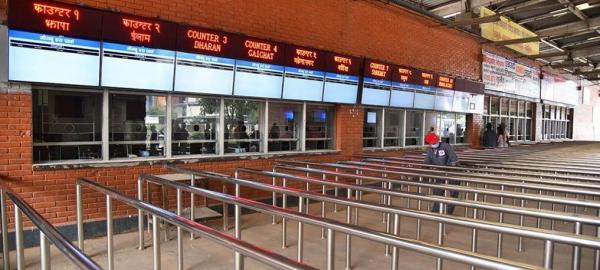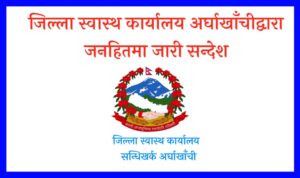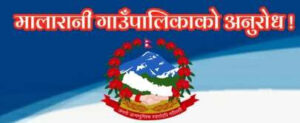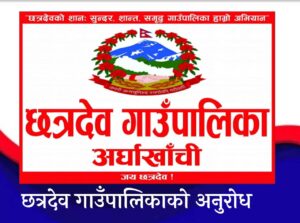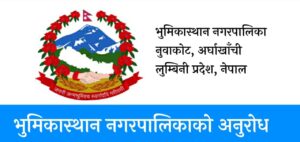By Nayak Paudel Rising Nepal
Kathmandu, Sept. 28: As the festival season of Dashain and Tihar is around and the government has allowed long route transportation to resume services, the number of individuals leaving the valley is increasing. Public health experts and concerned authorities have appealed to the passengers to abide by the health and safety measures and help prevent the spread of COVID-19.
With studies finding that majority of COVID-19 infected individuals having a travel history before being tested positive, experts suggest travelers to be highly concerned regarding health and safety measures during the travel.
A recent study conducted by the Nepal Health Research Council regarding the health situation of COVID-19 recovered individuals aged above 18 years showed that 99 per cent of the interviewees in the study were found to have travelled, 69.1 per cent travelled within the country while 29.9 per cent had travelled abroad.
“Travelling had been difficult due to the restrictions and lockdown earlier but despite the government allowing long route vehicles to operate recently, the vehicles are still hardly abiding by health safety measures,” said Sandesh Khadka, a student who travelled from Kathmandu to his hometown in Jhapa on Friday.
Khadka, in a phone interview, further said that the bus he boarded had started allowing local passengers as soon as they crossed Thankot.
“There were two other friends of mine in the bus in alternate seats. We asked the driver to not pick local passengers or we would complain to the police. The bus then reached the destination without any other passengers,” said Khadka.
The government has directed vehicles to operate with passengers not crossing 50 per cent of the vehicle’s seat capacity due to which they are allowed to charge 50 per cent more than the regular fare.
However, the vehicles are bound to provide dedicated discount to students and elderly upon showing their identity cards, said senior officials at the Metropolitan Traffic Police Division (MTPD).
“Vehicles are allowed to charge up to 50 per cent additional amount of the normal fare because they cannot transport passengers more than half of their seat capacity. We have been inspecting the vehicles and taking necessary actions toward it,” said Senior Superintendent of Police (SSP), Bhim Prasad Dhakal, chief at MTPD.
According to the division, during the inspection, they have been found to dismount around 400 to 600 passengers on a daily basis from vehicles leaving the valley. The dismounted passengers were the ones additional to the seat limitations implemented on public vehicles for people’s own safety.
“There are enough vehicles leaving the valley and the people can get ticket easily. People are requested to board vehicles after securing a seat and if the vehicle boards passengers more than the seat limitations, anyone can call and complain at 103 (traffic police) or 100 (Nepal police),” said SSP Dhakal.
Issuing an appeal nearly a week ago, the Department of Transport Management had requested the passengers to travel only if necessary. Similarly, passengers of long route were requested to pack required snacks before boarding the vehicle so that they wouldn’t need to stop at hotels along the highway.
The hotels and restaurants along the highways have also been requested to follow takeaway mode by packing food properly. The department further appeals to individuals at hotels and restaurants along with passengers and vehicle staffs to maintain social distance, wear masks and sanitize hands regularly and follow the health safety measures.
“People travelling back to their hometown should strictly follow health safety measures. If not, there is a risk of being infected and infecting family members back home. We must protect ourselves and it will protect people around us as well,” said Sameer Mani Dixit, director of research at Centre for Molecular Dynamics Nepal.
